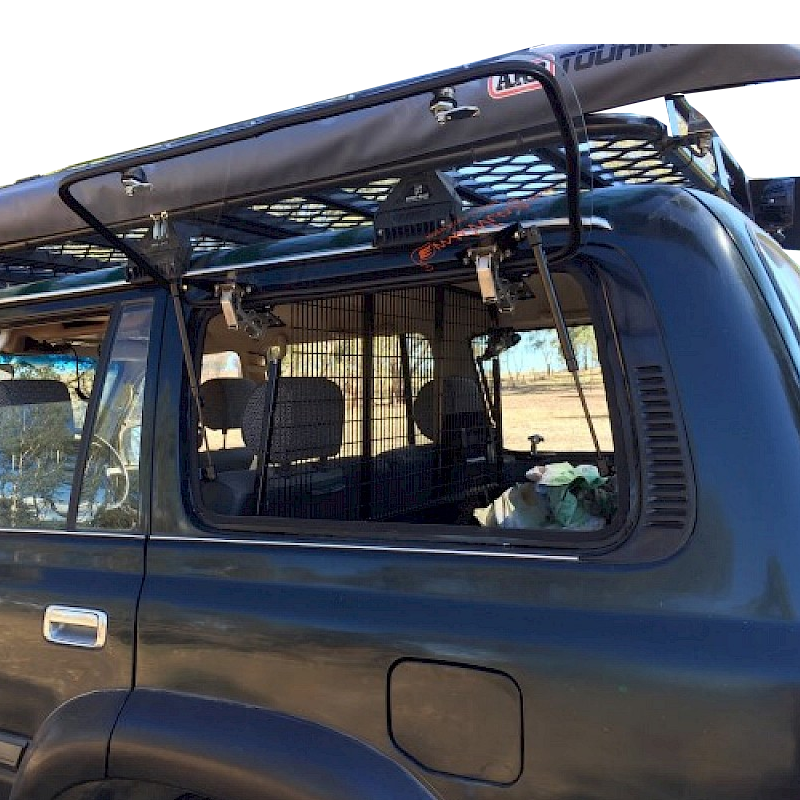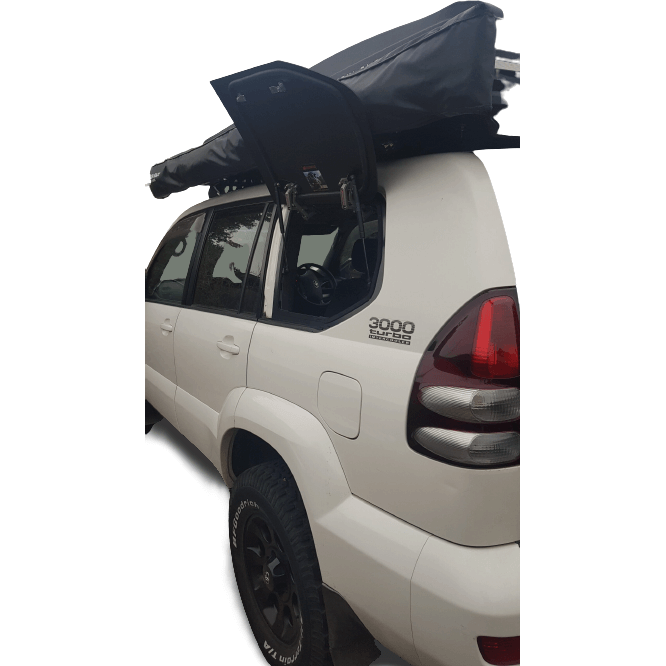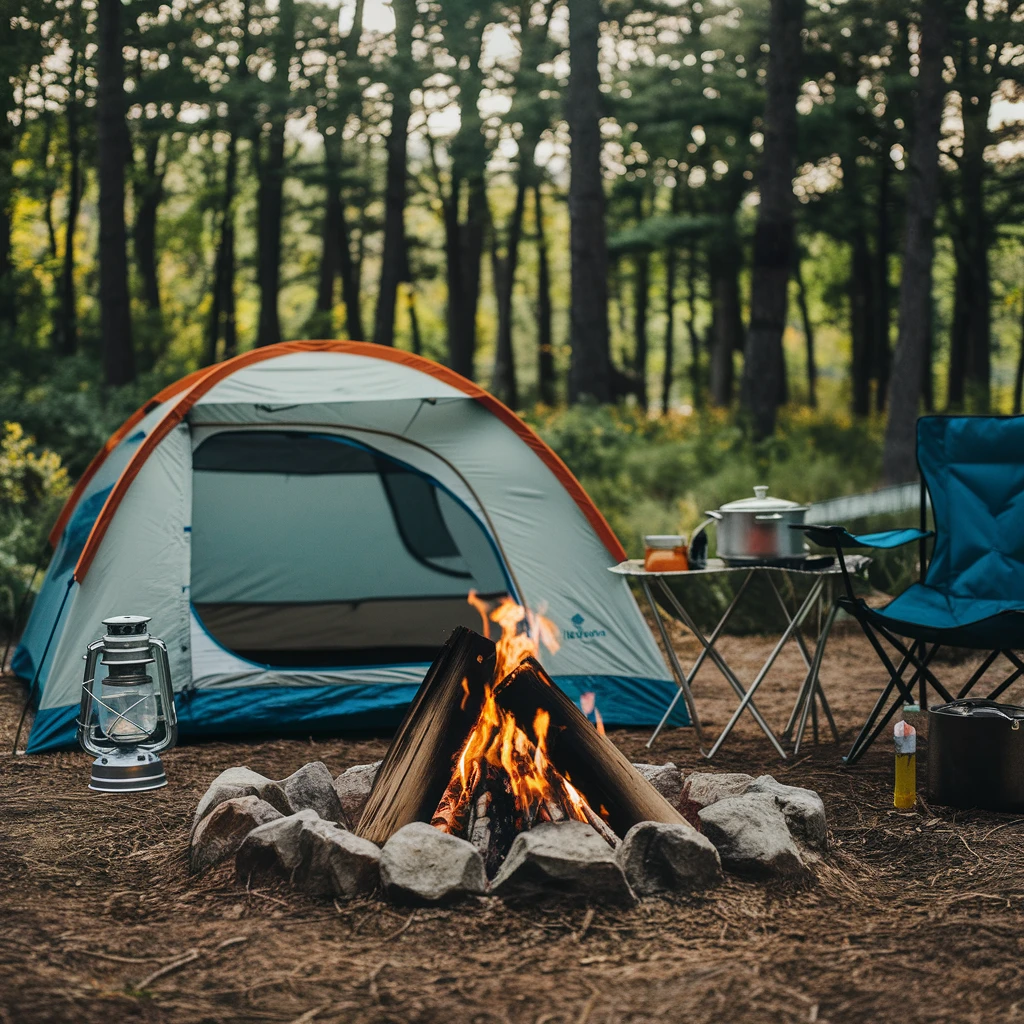Keeping Food Fresh While Camping
Half the fun of camping is cooking. It’s hard to beat a meal that’s been put together on a stove beside your wagon, or even better grilled over an open fire. Food always seems to taste better outdoors anyway, plus the normal rules about eating a healthy diet don’t apply. At least we hope they don’t. The only problem with camp cooking is keeping everything clean. A grilled steak beside the fire, washed down with a few stubbies, is great. A bad attack of the runs because the chicken was past its best is not so great. Here are a few tips to keep everything the way it should be.
Probably the most important thing is storing your food correctly. Any meat products need to be kept below 5°C for safety. If you have a fridge that’s pretty easy; if you’re using an esky you’re limited to how long the ice lasts. As long as you can keep the temperature down figure on fish and chicken staying good for three days, and red meat for five. That should suggest some menu planning for your camps – eat the chicken first. Once that and the fish are gone you have red meat for a couple more days, and if it’s a long trip you can move on to prepacked stuff after that. Processed meat in a sealed packet can last a lot longer – check the dates on the packet, but if the shop didn’t have it in a chiller cabinet it should be good for a week or two – and tins will stay good for years. Salad, fruit and vegetables are easy to manage. They might start to wilt after a few days, but they probably won’t do you any actual harm until they go runny.
Another way to extend the life of food is to vacuum seal it. Sealing machines are pretty affordable now, and by packing meat in an airless bag you seriously slow down any bacteria that managed to get on it. Refrigerated, properly sealed red meat can last up to two weeks. Just make sure you do the sealing in a clean environment. There are even portable models that will run off your 4wd’s power system now, so if you’re resupplying on the road you can pack that too.
Now your food’s reached the campsite in good shape you need to think about hygiene. Living in a sterile bubble won’t do your immune system any favours, but the average campsite goes a bit far in the other direction. With dust and flies all over the place it’s easy to get sick if you don’t keep things clean. The trouble is that clean water is valuable and you can’t afford to keep washing your hands. The solution to that is sanitiser gel. Pack a couple of bottles of that and use it when you’re cooking; it’ll keep the germs off your hands.
Mixing up cooked and uncooked meat is a quick way to end up on the dunny for a week, so make sure everything’s clean before you put cooked steaks down on the plate they were on when they were raw. Keeping two chopping boards is a good idea, and mark them for cooked and uncooked.
Dirty water is also a hazard, so for cooking, drinking and washing up only use water you brought from home or have purified. Boiling for five minutes will kill germs, but it won’t remove swampy tastes or get rid of the bodies of all the bugs you just boiled. Purification tablets will also leave water safe but make it taste like a swimming pool. We’d recommend a good filter system, like the ones from Lifesaver Australia. Their jerrycan is ideal for camps; it can purify 20 litres in one go and the filter lasts for years.
Keeping your camp hygiene up isn’t really a lot of work, and it makes life a lot more pleasant. Some simple gear and a bit of attention to detail will leave your meals safe to eat and you with your insides the shape they should be. It’s all about enjoying yourself, and that’s a lot easier when your food isn’t trying to kill you.







